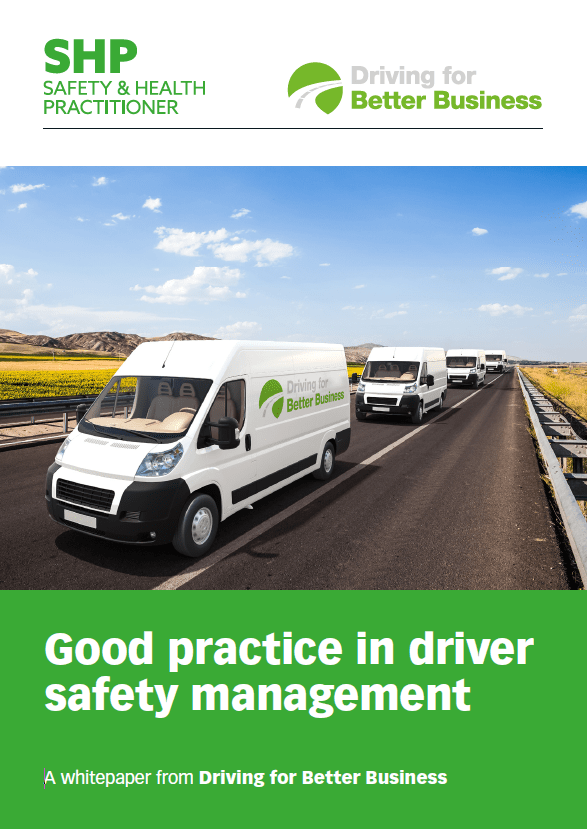New research carried out by road safety charity Brake and insurance firm Direct Line shows that the vast majority of drivers admit to driving while tired.
Brake and Direct Line surveyed 800 drivers and found that 74 per cent admitted to driving tired during the past 12 months. This is a huge increase from previous research carried out in 2004, when 46 per cent of drivers questioned admitted to getting behind the wheel while tired.
An estimated one in five fatal crashes on trunk roads are caused by tired drivers – although the real figure could be higher, because it can be difficult to prove when a crash was caused by a driver falling asleep. They tend to be high-speed crashes, because drivers do not brake before crashing, so the risk of death or serious injury is greater.
The survey also identified found that most drivers weren’t aware how often they should take rest breaks to prevent tiredness. The Government advises breaks every two hours on long journeys, yet Brake and Direct Line’s survey found that almost three-quarters fail to follow this advice by driving for three hours or more at a time.
The findings showed that more than 70 percent of drivers open a window while driving to starve off sleep rather than take regular breaks on long journeys. It also found that more than half of drivers listen to the radio to keep them awake.
Brake campaigns officer, Ellen Booth, said: “It is terrifying how complacent drivers are about tiredness at the wheel. It only takes a couple of seconds of sleep to cause a fatal crash, yet millions of drivers are regularly getting behind the wheel while tired, and most don’t know how to deal with sleepiness on a long journey.
“We all know when we’re feeling sleepy – we know what the warning signs are. When we’re driving we must listen to these signs without delay. Thinking that we can fight off sleep, especially using unproven methods like opening the window, is a mistake that could cost your life, or someone else’s.”
Direct Line director of motor pricing and underwriting, Andy Goldby, added: “The increase in drivers admitting to driving whilst tired is a worrying trend. Tiredness and driving are a deadly combination, not only is there a risk of falling asleep at the wheel, but when we are tired our reactions and awareness of our surroundings are not what they would normally be.
“Drivers know when they are tired, and while they may think stopping for a break may increase their journey time, it’s not worth the risk to themselves, their passengers or other road users. It’s better to get there late than to not arrive at all.”
This eBook will guide you through some of the key understandings you need to be able to manage driver safety effectively and, at the end, provide a series of free resources you can access to help you ensure your own driver safety management system is robust, legally compliant and in line with industry-accepted good practice.
Download this eBook from Driving for Better Business and SHP to cover:
- Why do we need to manage driver safety?
- Duty of care – a shared responsibility;
- Setting the rules with a driving for work policy;
- Managing driver safety;
- Ensuring safe vehicles;
- Safe journeys and fitness to drive;
- Record keeping;
- Reporting;
- The business benefits of good practice;
- Additional resources


I agree with the article. It is a shame that employers don’t factor in stoppage time when planning meetings and work schedules for employees. I too have driven when tired. I have talked to the employer about this issue and they say it is being over the top with health and safety.